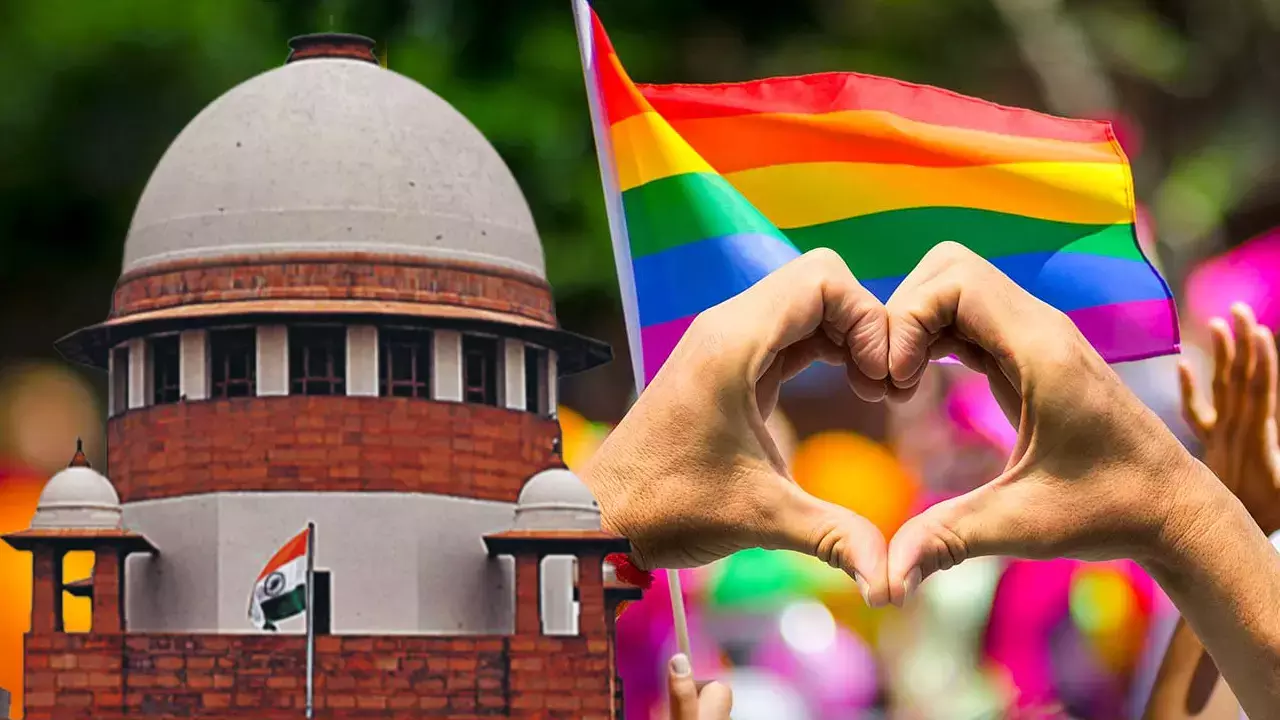Queerness Not An Urban, Elitist Concept: Supreme Court Declares
Padmakshi Sharma
17 Oct 2023 6:16 PM IST

Next Story
17 Oct 2023 6:16 PM IST
Stating that the court could not step into the domain of the legislature, the Supreme Court today refused to grant legal recognition for queer marriages in India. The Constitution bench pronounced four judgements– written by CJI DY Chandrachud, Justice SK Kaul, Justice Ravindra Bhat and Justice PS Narasimha respectively, with Justice Hima Kohli concurring with the view of Justice Bhat. In...
